Our office is committed to providing the highest possible quality of care. Although our office is out-of-network with dental insurance we offer a variety of payment options. As a courtesy to our patients, we will submit all treatment fees to your insurance provider for direct reimbursement.
Payment Options:
Our office accepts most major credit cards, cash, and checks.
Many of our root canal patients have questions regarding dental insurance and endodontic care. To help answer these common questions, we have prepared and compiled the following dental insurance FAQ.
Dental Insurance FAQs:
Why isn’t the recommended treatment a covered benefit? Your treatment plan is individually tailored and is not based on your dental insurance benefits or lack of benefits. Some employers or insurance plans exclude coverage for necessary treatment as a way to reduce their costs. Therefore, not all endodontic treatments will be covered by your insurance plan. Some endodontic services (such as CBCT imaging for most dental plans) may be excluded. While we want to provide you with the highest possible quality of care, your dental insurance may cover only very basic services. The type of care you receive from our office is based upon our professional judgment and years of experience and not the coverage you receive from a dental benefit plan. We do not believe it is in your best interest to compromise any recommended care in order to accommodate your insurance program.
“In-Network” vs. “Out-of-Network:” If an office is “in-network” with your insurance company, this simply means they have a contractual agreement with that insurance to only charge an agreed fee for the procedures that they cover. The insurance company will then pay the appropriate percentage of that fee. If an office is “out of network” with your insurance company, they do not have a contract with that insurance and you are fully responsible for what the office charges.
How do I understand my Explanation of Benefits (EOB)? Your Explanation of Benefits (EOB) contains a wealth of information. The EOB identifies the benefits, the amount your insurance carrier is willing to pay, and charges that are and are not covered by your plan. The statement includes the following information: UCR, co-payment amount/patient portion, remaining benefits, deductible, and benefit paid.
How long does it take for a claim to be paid? The time for a dental insurance carrier to process an insurance claim varies. Maryland requires that dental insurance carriers pay claims within thirty days. If you want to file a complaint about a delayed payment, contact the Maryland Insurance Administration. They want to know if your insurance company does not pay within the required thirty days allowed by Maryland state law.
What if I still have questions? Many questions that you have may be best answered by calling your insurance company directly. While we will do our best to answer all your insurance questions, please keep in mind that there are many insurance plans available and that your employer chooses your plan and your benefits. If you believe your benefits are inadequate, you may want to discuss the matter with your plan administrator and explore appropriate alternatives.

